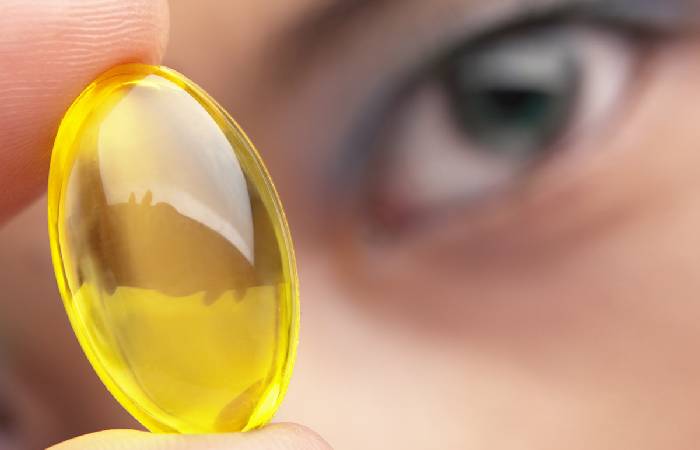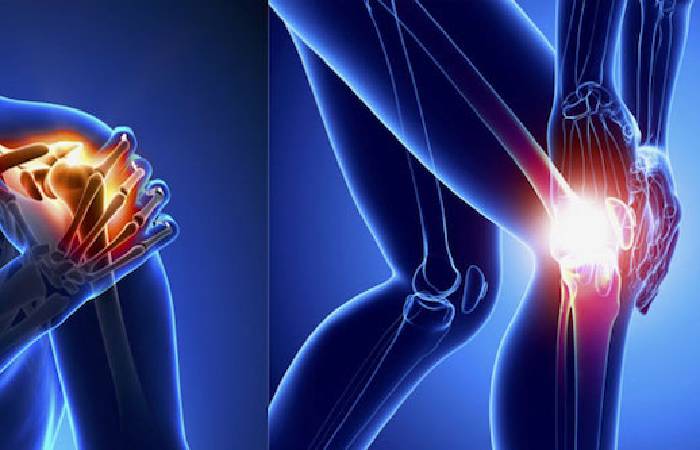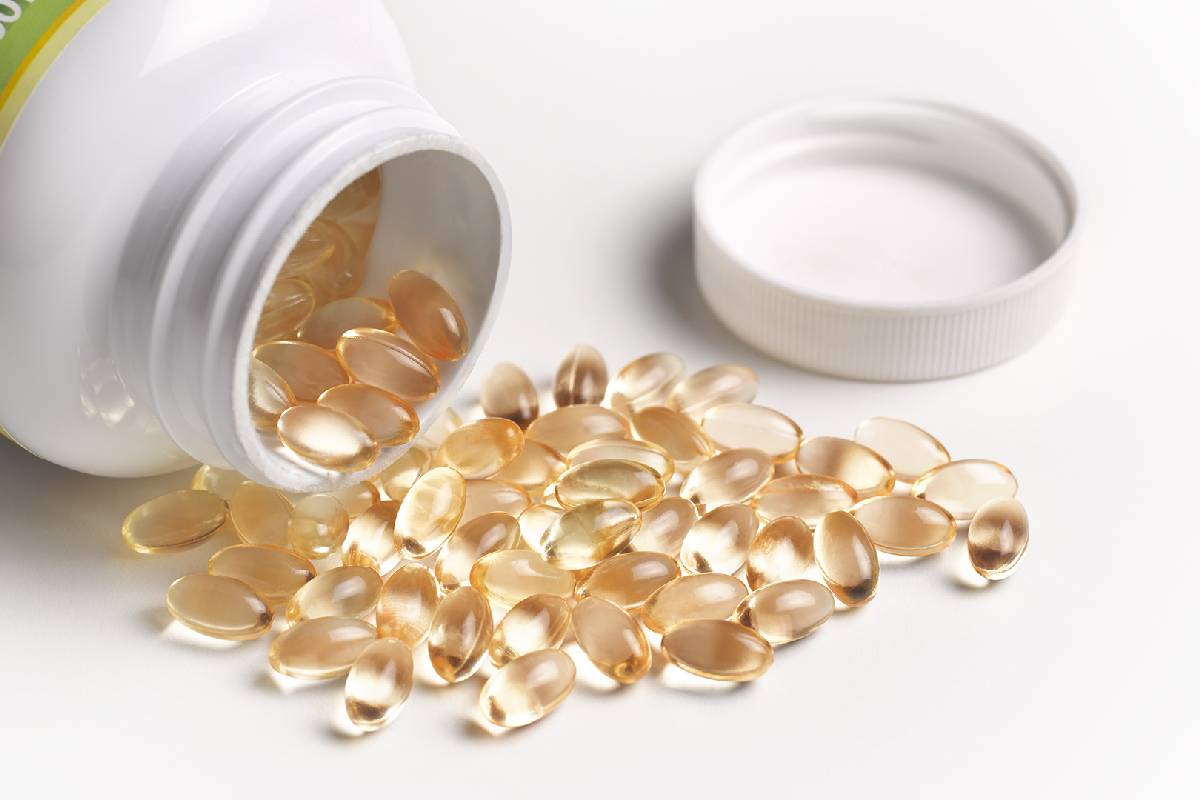As we age, bone and joint health become more critical. Maybe we have had an injury and want to support recovery. Perhaps we are worried about osteoporosis or arthritis and are looking for ways to stay healthy. Also, vitamins, minerals and other supplements can play a role in maintaining healthy bones and joints. But make sure they’re part of an overall plan that includes diet, exercise, and support from healthcare providers. And be sure to talk to your doctors when starting a new supplement. There are medical considerations, including drug interactions, to consider. And not all over-the-counter products live up to the hype.
What Vitamins And Minerals Are Necessary For Bone Health?

You can get many nutrients for bone health by eating a healthy diet. But adding supplements to the mix, especially as we get older, can help ensure we’re covered. Take a look at some essential vitamins and minerals for bone and joint health you might want to add:
Calcium: Most of us distinguish that calcium is one of the essential minerals for bone health. We usually get the calcium we need from foods and drinks like milk and yoghurt, but supplements can help if we don’t get enough. The Mayo Clinic notes, “While diet is the best way to get calcium. Also, calcium supplements may be an option if your diet is deficient.” Helping your body absorb calcium is also very important. And it is where some other bone health boosters come into play.
Vitamin D helps your body engross calcium, and vitamin D deficiencies can cause bone loss. It is because we get vital vitamin D from food bases and sunlight. But vitamin D deficiency is tricky, particularly for dark-skinned and older adults. In this case, your doctor may endorse supplements, usually 1,000 to 2,000 IU.
Many of us know that vitamin C is essential to immune function. It also helps the formation of the collagen protein necessary for bone mineralization. It is an excellent supplement to take daily and is generally free of side effects. Vitamin K helps transport calcium to the bones. Your vitamin K deficiency can lead to low bone density and increase your risk of fractures. However, most of us get the vitamin K we need from our diet, which can cause problems in patients taking blood thinners. It is a supplement that you should consult with your doctor before starting.
Magnesium: is a super inorganic for bone health. And it helps your body use vitamin D and calcium. And Lessons show that magnesium lacks osteoporosis. On the other hand, adequate magnesium levels can reduce the risk of fractures and speed healing. However, there are different forms of magnesium. Talk to your doctor about which one works best for you.
What Other Supplements Can Help Bone Health?

In addition to vitamins and minerals, different products may aid bone and joint health. Be quality conscious and buy your supplements from a reputable source. And talk to your doctor before starting a new supplement.
Fish oil and omega-3 fatty acids help build healthy cells, including joint cushioning materials. Omega 3 may also have anti-inflammatory properties. Look for fish oil supplements that contain DHA and EPA.
Also, glucosamine and chondroitin have become popular joint health supplements in recent years. They are natural workings of the tissues that make up the cartilage that pillows our joints. Studies show mixed results for overall efficiency. But some patients account for the improvement in joint pain and stiffness benefits.
Collagen supplements have also been on the rise in recent years, and for a good reason. Also, collagen is an essential protein that plays a role in all from skin construction to blood clotting to bone health. For example, collagen peptides can increase bone density and potentially counteract osteoporosis, especially in postmenopausal women. Collagen is available in powdered supplements and food sources such as bone broth.
Plant-based supplements such as turmeric and ginger may help relieve inflammation and have other health benefits, including antibacterial and immune-boosting properties.

